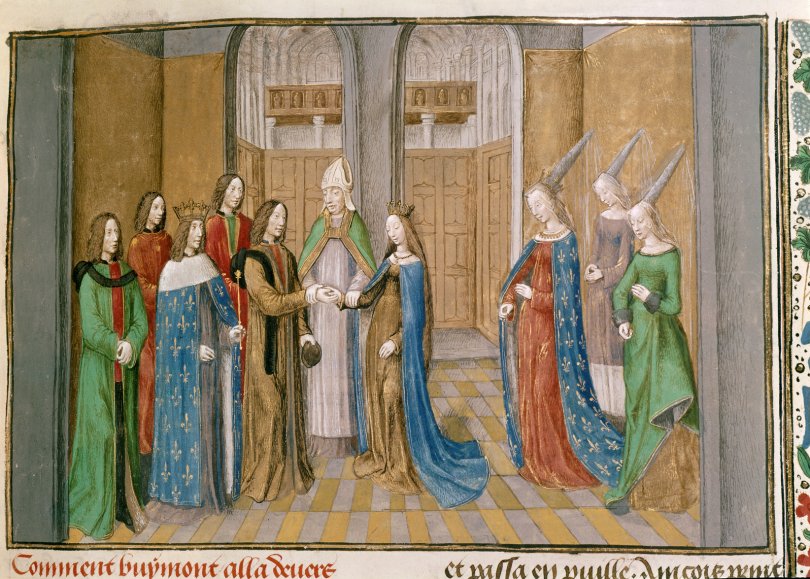Reference



OpenAI's Answer
Primogeniture, the system by which the eldest son inherited the entirety of a family's estate, had a significant influence on the creation of the goliardic class. Let's explore how this inheritance practice contributed to the rise of the goliards.
The Influence of Primogeniture on Goliards
-
Disinheritance of Younger Sons:
- Under primogeniture, younger sons of noble and wealthy families were often left without significant inheritance. This lack of financial support forced many of these younger sons to seek livelihoods elsewhere.
- Without land or titles, many younger sons turned to a life of wandering and scholarship, becoming part of the goliardic class. They often enrolled in universities, pursuing academic and clergy positions that did not require them to inherit wealth or property.
-
Education and Irreverence:
- Many of these disinherited sons received a good education, funded by their families, before they were cut off financially. This education often turned into a form of intellectual rebellion against the established order.
- The goliards became known for their satirical and irreverent poetry, often criticizing the church and societal norms, reflecting their frustrations with the existing system of inheritance and power.
-
Wandering Scholars and Clerical Roles:
- The goliards were essentially wandering scholars and clergy who did not have a stable income or residence. They relied on their wit, education, and poetic skills to earn a living.
- Their lifestyle was marked by frequent travel, scholarly debates, and poetic performances, creating a unique sub-culture within medieval society.
Examples and Illustrations
-
Goliardic Poetry:
- Goliardic poetry often highlighted themes of clerical hypocrisy, love, drinking, and satirical takes on the rigidity of societal norms.
- A famous example of goliardic poetry is the "Carmina Burana", a collection of medieval works that includes many of these themes.
-
Historical Context:
- This practice was particularly prevalent in medieval European societies where the rigid class system and the power of the aristocracy were firmly rooted in land ownership and inheritance through primogeniture.
For a comprehensive dive into how primogeniture shaped the goliardic class, you can refer to sources like the Wikipedia page on Goliards and articles discussing goliardic poetry and primogeniture on sites like Connie J. Jasperson's blog.

In summary, the system of primogeniture indirectly fostered the creation and growth of the goliardic class by displacing younger sons from their expected roles in society, pushing them towards academic and poetic pursuits that questioned and satirized the very structures that excluded them.
Follow Up
Related
What classes of dispatch boats are detailed in the content?
Which submersibles are classified under Harmony class and Jiaolong class?
What are the main differences between the Oberon-class and Porpoise-class submarines?
What are the specifications of the hydrographic survey ships listed?
What are the various classes and types of minehunters described?